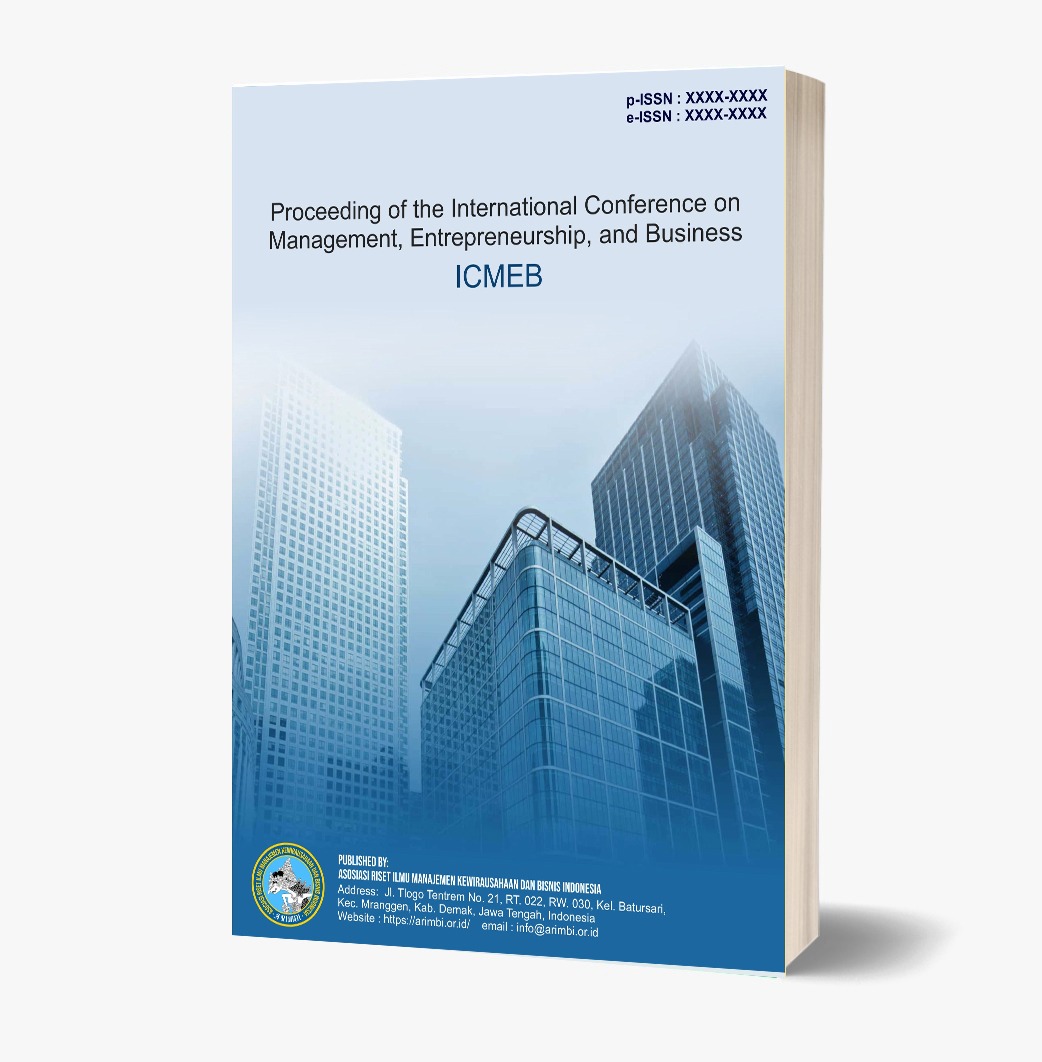From Theory to Practice: Exploring Strategic IS Alignment in the Textile Sector of Meknes, Morocco
DOI:
https://doi.org/10.61132/icmeb.v1i2.108Keywords:
Strategic alignment, information systems, organizational performance, SAM ModelAbstract
This study aims to realize the importance of strategic alignment between IS and organizational strategy on enabling business performance. The positive association of IS alignment with enhanced efficiency, cost minimization, and competitive advantage has been corroborated by a systematic review of extant literature. Yet this is complex, yet strategic alignment guarantees that IS technology align with organizational objectives to allow the businesses to maneuver the competitive and dynamic markets.
The empirical case study was undertaken in SEFITA, a textile organization based in Meknes Morocco that adopts IS to enhance its operations, to complement the literature. We find that strategic IS alignment also increases the operational efficiency and competitive positioning of SEFITA, confirming the theoretical foundations presented in the literature
According to our research, in order to attain long-term performance improvements, organizations need to incorporate IS planning into their strategic frameworks and put in place ongoing alignment processes.
Downloads
References
Chan, Y. E., & Reich, B. H. (2007). IT alignment: What have we learned? Journal of Information Technology, 22(4), 297-315 . https://doi.org/10.1057/palgrave.jit.2000109
Chtourou Ben Amar, N., & Ben Romdhane, R. (2019). Organizational culture and information systems strategic alignment: Exploring the influence through an empirical study from Tunisia. Journal of Enterprise Information Management, 33(1), 95-119. https://doi.org/10.1108/jeim-03-2019-0072
D. B. Audretsch and M. Belitski, "A strategic alignment framework for the entrepreneurial university," Industry and Innovation, vol. 29, no. 2, pp. 285-309, 2022. https://doi.org/10.1080/13662716.2021.1941799.
Ghonim, M. A., Khashaba, N. M., Al-Najaar, H. M., & Khashan, M. A. (2022). Strategic alignment and its impact on decision effectiveness: A comprehensive model. International Journal of Emerging Markets, 17(1), 198-218. https://doi.org/10.1108/IJOEM-04-2020-0364
Henderson, J., & Venkatraman, N. (1989). Strategic alignment: A framework for strategic information technology management. Proceedings of the International Conference on Information Systems, 3039-3089.
Jorfi, S., Nor, K. M., & Najjar, L. (2017). An empirical study of the role of IT flexibility and IT capability in IT-business strategic alignment. Journal of Systems and Information Technology, 19(1/2), 2-21. https://doi.org/10.1108/JSIT-10-2016-0067
Kappelman, L., Johnson, V., McLean, E., & Torres, R. (2016). The 2015 SIM IT issues and trends study. MIS Quarterly Executive, 15(1), 55-83.






